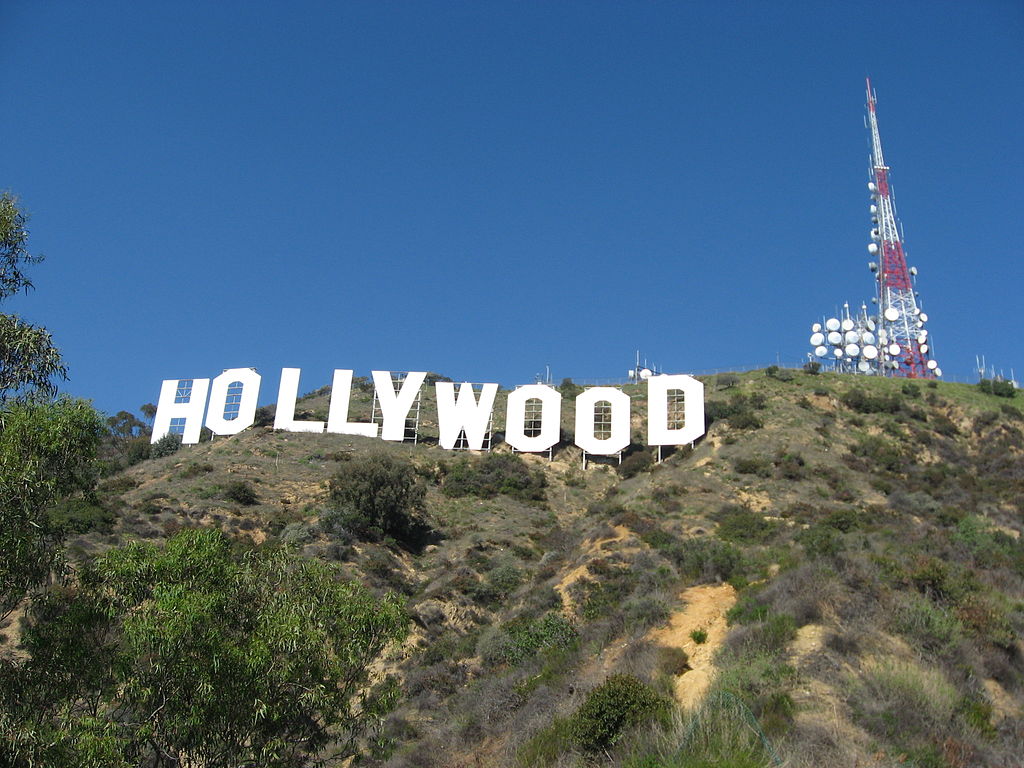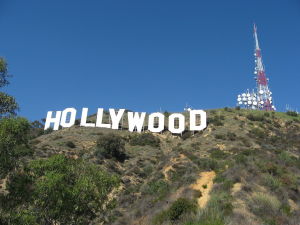Film directors often call on scientific experts to lend some legitimacy to their production. A recent, notable example was that of the theoretical physicist Kip Thorne advising Christopher Nolan on the realism of the physics in Interstellar. I think directors ask for the counsel of scientists in cases where they seek to make a film with at least one foot in reality rather than an outright fantasy. In Jurassic Park, a more biologically relevant movie, director Stephen Spielberg had noted-palaeontologist Jack Horner instruct the production team of the latest findings in dinosaur biology. The book and film of Jurassic Park had a significant effect on the public perception of dinosaurs coming as they did in the wake of the dinosaur renaissance of the 80s where the animals were reappraised as fleet footed, intelligent creatures. This was a radical departure from the image of tail dragging sluggards common in the early part of the 20th century (see King Kong). For instance, Horner was quick to quash the idea of a snake-like forked tongue for the Velociraptors. This was a great example of science and art working together in symbiosis. The film was a box office success and the public consciousness was updated to have in mind a more accurate image of what dinosaurs were really like. Of course the film wasn’t perfect in its representations and nitpickers had plenty of grist for their pedantic mills, but overall both ‘sides’ were happy.
But now the release of the trailer for the 4th film in the series, Jurassic World, has caused consternation among palaeontologists. It’s clear from the footage that the dinosaurs haven’t evolved along with the science as they did with the first film. Mainly, that means no feathered animals; perhaps the studio executives weren’t convinced that a fluffy Tyrannosaurus could induce as much panic in an audience. Capturing the disappointment in the scientific community, John Conway writes, “Of course we realise it’s a film – but we also recognise the power it will have to shape people’s ideas about prehistoric animals. And in Jurassic World’s case, it looks like we’re getting a very dull monsters trope. ” This leads to the question as to what does Hollywood owe science? It’s a hard one to answer because there’s no moral imperative for a director to follow the strictures of scientific fact exactly. James Erwin says “The truth is that science fiction is, first and foremost, fiction—and that’s how it should be judged.” I agree with this to an extent, in that if a director is striving to give a message and has to break away from scientific reality to achieve this than so be it. Think of something like the ability of characters to invade dreams in Nolan’s Inception. Nevertheless in the case of Jurassic World I’d bet we’re going to get yet another discussion of man’s hubris , a trope that has been reiterated throughout the Jurassic Park series. If they were able to do this while creating the most realistic dinosaurs at the time in 1993 I don’t see why they couldn’t continue to do so in 2015. Maybe it just rankles with me that we’re seeing another edition in a series of diminishing returns and I should check my hopes. I wonder what other people think of this? But it’s still frustrating for me. Lost World? More like Lost Opportunity.
Author: Adam Kane, kanead[at]tcd.ie
Photo credit: wikimedia commons


